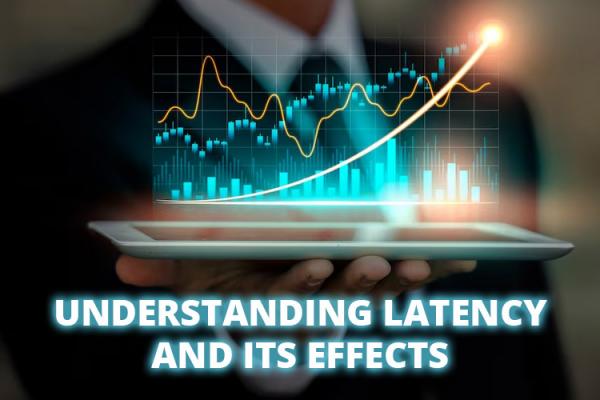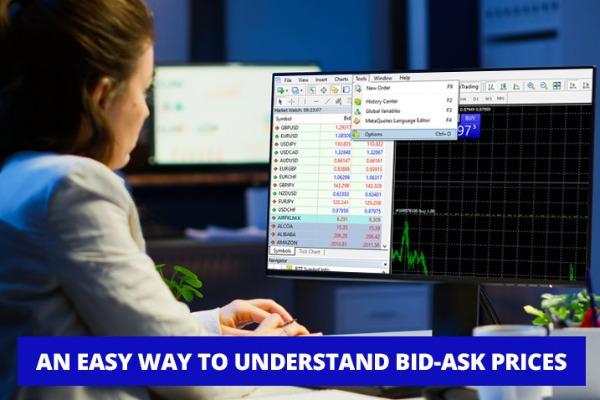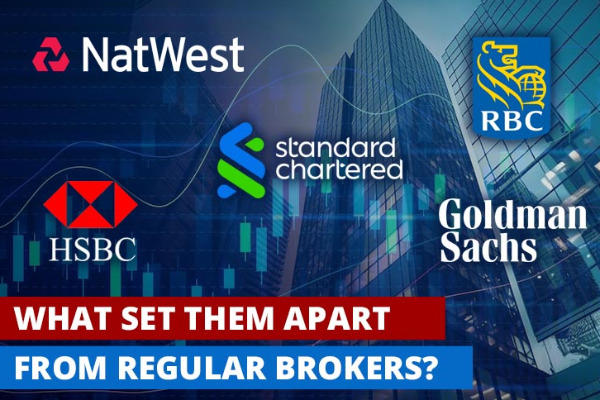Did you know that there is something more terrible than Margin Call called Stop Out? What's the difference between the two?

Today, the term MC or Margin Call level is often associated with a failure stamp to traders who have lost all of their funds to the market. This term is quite popular among trader communites and is rightfully feared by many newbies. Contrary to Margin Call, Stop Out is unfamiliar to many traders, especially rookies. The thing is, this rarely used term is no less critical than Margin Call. If you have experienced a significant loss in your trade and run into an MC, what follows after is the Stop Out, and that is when it's truly game over for you.
Yes, what you think as the ultimate end of your trading account is actually the Stop Out, not Margin Call. In fact, you still have a chance to save some of your funds when you get an MC, depending on how your broker sets the Margin Call and Stop Out levels.
How to Tell Margin Call and Stop Out Apart
Margin Call is a warning system that is activated when the equity you have can't cover the margin needed to hold a position. At the same time, Stop Out is a close order that is enforced automatically to all floating positions for the same reason. So, when your losing positions are forcibly closed, you experience a Stop Out.
Margin Calls and Stop Outs arise as the answer to mitigate the risks that come with margin trading. Initially, margin trading is a solution for investors and traders with small capital so that they can participate and take profits in the financial market. The margin itself is a deposit that the traders provide to open and maintain their positions. When the market is against them and the loss value is near the margin's, the system would send out a Margin Call warning and/or Stop Out order.
It's important to note that every broker has different policies regarding at which level they start sending Margin Calls and activate Stop Outs.
Margin Call and Stop Out Levels
Suppose a broker has a 100% Margin Call and Stop Out levels. This means that the Margin Call level = Stop Out level = 100% of the margin needed to hold a position.
So that when an account's equity value drops to what is required to hold the position, a Margin Call warning will appear, and all positions will automatically be closed. Here's how it works:
Margin Call occurs if Account Equity = Margin required x 100%
Shirley wants to buy 0.1 lot of EUR/USD (10,000 basis units) for 1.3500 with leverage of 1:400. In that case, her margin should be:
Margin required = (1.3500 x 10,000) / 400 = 33.75 USD
Shirley's current equity is 100 USD. If she's in the red and her equity drops to 33.75 USD, she will get both Margin Call warnings and Stop Out orders, leaving no positions opened and her unable to trade again unless she makes a new deposit to her trading account.
Some brokers apply different rules for the Margin Call and Stop Out levels. For example, a broker's Margin Call level is set at 100% and Stop Out at 20% of the required margin. So, the position closing will only occur after the account equity is only 20% of the margin required. Here's the calculation:
- Margin Call appears if account equity = Margin required x 100%
- Stop Out occurs if account equity = Margin required x 20%
Say Shirley wants to buy 0.1 lot of EUR/USD (10,000 basis units) for 1.3500 with leverage of 1:400. Then the margin needed to be able to hold the position is 33.75 USD. Her equity is 100 USD, so when she's losing, she will be exposed to a Margin Call if her account equity is down to 33.75 USD. Her positions would still be going unless she continues to lose and her accumulated losses leave her equity at:
20% x required margin = 20% x 33.75 USD = 6.75 USD
Seems complicated? No need to worry as you can use a margin calculator that will count everything automatically for you. A lot of trading sites have made it available to help traders manage their risks better. Furthermore, brokers also provide such a tool to make it easier for their clients to calculate their trading risks.
Try here: Forex Margin Calculator
Which One is Better?
In practice, there are advantages and disadvantages to each set of Margin Call and Stop Out levels. Suppose you are a trader who generally still lacks the experience and skill needed to set good money management and manage emotions, brokers with 100% Margin Call and Stop Out levels would be more suitable for you. On the other hand, brokers that come up with different levels on Margin Call and Stop Out are more recommended if you are a skilled and experienced trader.
First, it would be much easier for newbies to calculate Margin Call and Stop Out levels at the same number. Second, an experienced trader can work under pressure and make the right decision, whether to close all positions or let them float a little more when there's still an opportunity to turn around their conditions.
How to Avoid Margin Call and Stop Out
For some traders, a Margin Call is condemning so they would try with all their might to avoid it. If a Margin Call appears, Stop Out would follow sooner or later. You can do nothing except for accepting the fact that all of your funds have run out and you need to prepare some money as your trading capital to start anew. In other words, you've totally failed and ruined your account completely. Here are some tips to avoid all of that:
Choose Your Leverage Wisely
In margin trading, leverage is a double-edged sword for a good reason. On one hand, leverage can help you participate and get higher profit with only small capital. On the other hand, it can prompt overtrading and fasten your way to major losses when the market is not on your side. There are tricks and tips to be profitable with high leverage, but it is still recommended to use small leverage for beginners as they're still inexperienced and often found themselves at the opposite end of the winning side in the market.
Make Sound Money Management
Money Management is a factor that is no less important than setting a good trading plan. When all of your plans fail due to unforeseen circumstances in the market, it is good money management that would save your account from Margin Call and Stop Out.
Use Stop Loss, Admit Your Mistakes
Most traders are reluctant to use Stop Loss because they hope the price can reverse and turn the current loss into profit. This feeling of not wanting to admit mistakes is often the cause of Margin Calls and, eventually, Stop Outs. Thus, make it a habit for yourself to continuously calculate the risk in each position and always use Stop Loss to prevent a total loss.
Did you know? Changes in market volatility sometimes affect order executions that make Stop Loss a little less effective to prevent losses at your desired level. To make sure the order's accuracy, there is a feature called guaranteed stop loss that can be found in these brokers.

 Dedicated FREE FOREX VPS
Dedicated FREE FOREX VPS Free FOREX Virtual Private Server
Free FOREX Virtual Private Server MT4 Demo Contest, Get $500
MT4 Demo Contest, Get $500 Sign Up for an Account, Claim 60% Deposit Bonus
Sign Up for an Account, Claim 60% Deposit Bonus Free MT4/MT5 VPS 2024
Free MT4/MT5 VPS 2024 Send E-mail and Get Free Merchandise
Send E-mail and Get Free Merchandise $1K Refer a Friend Bonus for Pepperstone Pro clients
$1K Refer a Friend Bonus for Pepperstone Pro clients Maximize Your Earnings with 100% Deposit bonus
Maximize Your Earnings with 100% Deposit bonus Trade to Win, $5,000 Monthly Demo Contest
Trade to Win, $5,000 Monthly Demo Contest Claim 30% + 15% Deposit Bonus from LiteFinance
Claim 30% + 15% Deposit Bonus from LiteFinance











